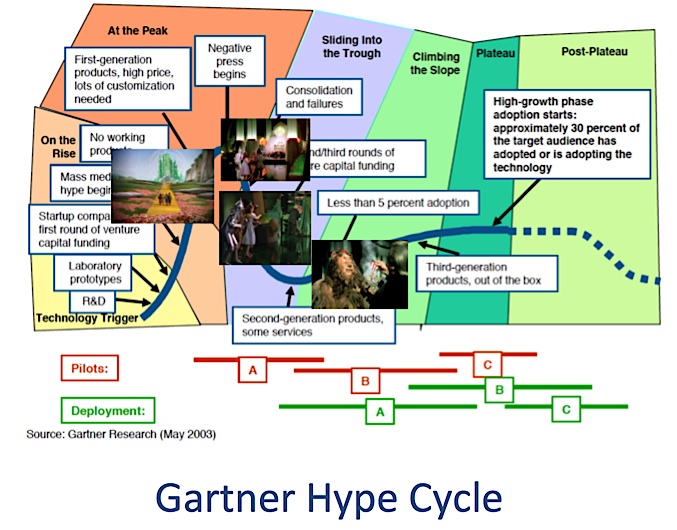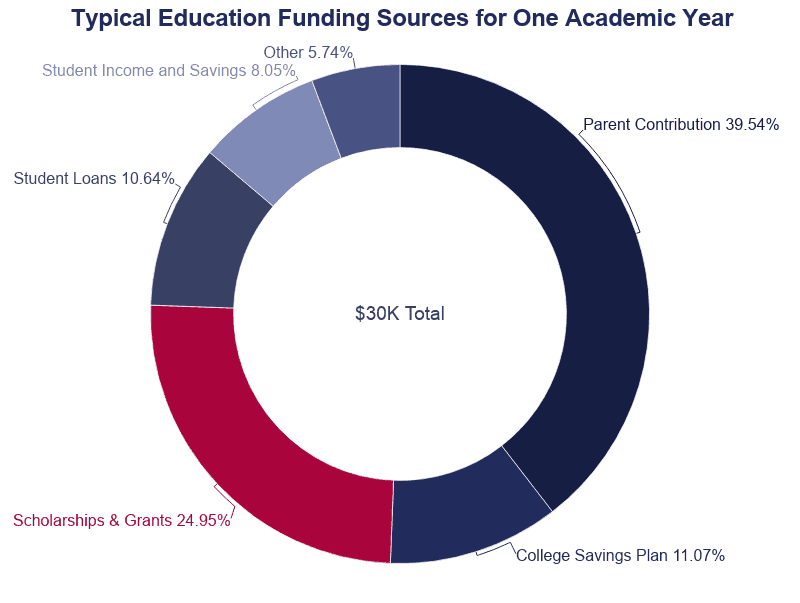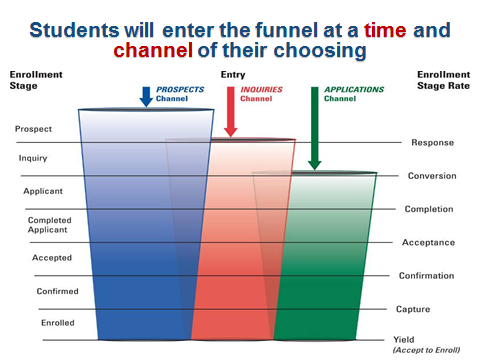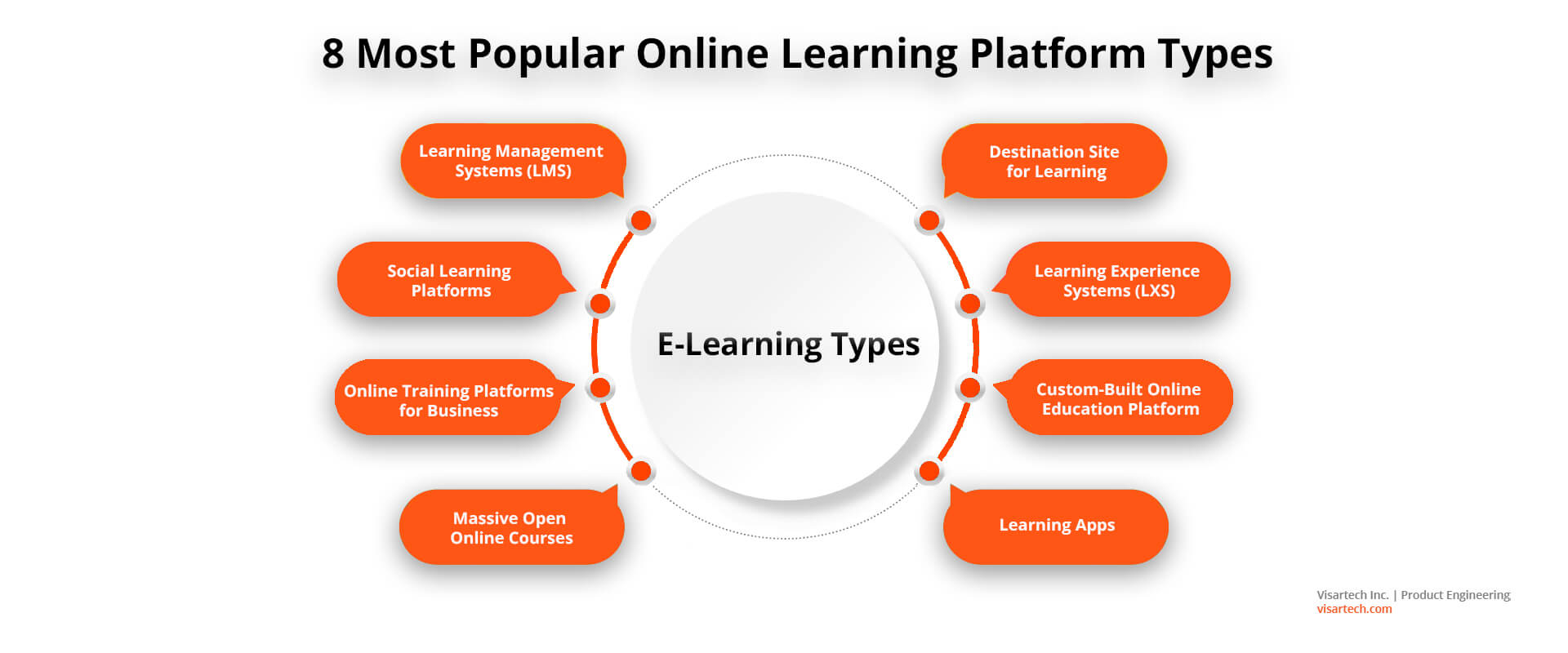Online learning has revolutionized the way we think about education and training. From massive open online courses (MOOCs) to full degree programs, there are now countless options for individuals to obtain the skills and knowledge they need to succeed in their chosen field. With the widespread adoption of online learning models, there has been an undeniable impact on the world of education and beyond. In this blog post, we’ll explore some of the ways in which online learning has affected students, educators, and industries alike.
Flexibility and Accessibility
One of the primary benefits of online learning models is the flexibility and accessibility they offer to learners. With the ability to access course materials and complete assignments from anywhere with an internet connection, students can fit their education around their busy lives. This is especially important for those with full-time jobs, families, or other responsibilities that may make it difficult to attend traditional in-person classes. Additionally, online learning allows individuals living in remote or underserved areas to access educational resources that may not otherwise be available to them. This increased accessibility can help to bridge the gap between different communities and provide greater opportunities for personal and professional growth.
Cost-Effective Learning
Online learning models are also often more cost-effective than traditional in-person classes. Without the need for physical classroom space or resources, online courses can be offered at a lower price point. Additionally, since students can access class materials from their own devices, they do not need to purchase expensive textbooks or equipment. This cost savings can make education more accessible to individuals who may not have otherwise been able to afford it.
Personalized Learning
Another major advantage of online learning is the ability for students to personalize their education. With a range of course topics and levels available, learners can select courses that match their particular interests or skillsets. Additionally, online platforms often provide tools for self-paced learning, allowing students to move through course materials at their own speed. This personalized approach to learning can help individuals develop the specific skills they need to reach their goals and succeed in their chosen career paths.
Disruption of Traditional Educational Models
The impact of online learning goes beyond just individual learners and educators. It has disrupted traditional educational models and challenged the way we think about education as a whole. As more and more universities and educational institutions offer online courses and degree programs, the competition for students has increased. This competition has often led to innovation in the ways that courses are designed and delivered, leading to overall improvements in the quality of education. Additionally, online learning has opened up new opportunities for collaboration and connection between classrooms and students from around the world.
In conclusion, online learning models have had a significant impact on the world of education and beyond. With increased flexibility, accessibility, and cost-effectiveness, online learning has opened up new opportunities for individuals to obtain the skills and knowledge they need to succeed. Additionally, the disruption of traditional educational models has led to innovation and improvements in education as a whole. As online learning continues to evolve and grow, it is likely that its impact will only continue to expand.











